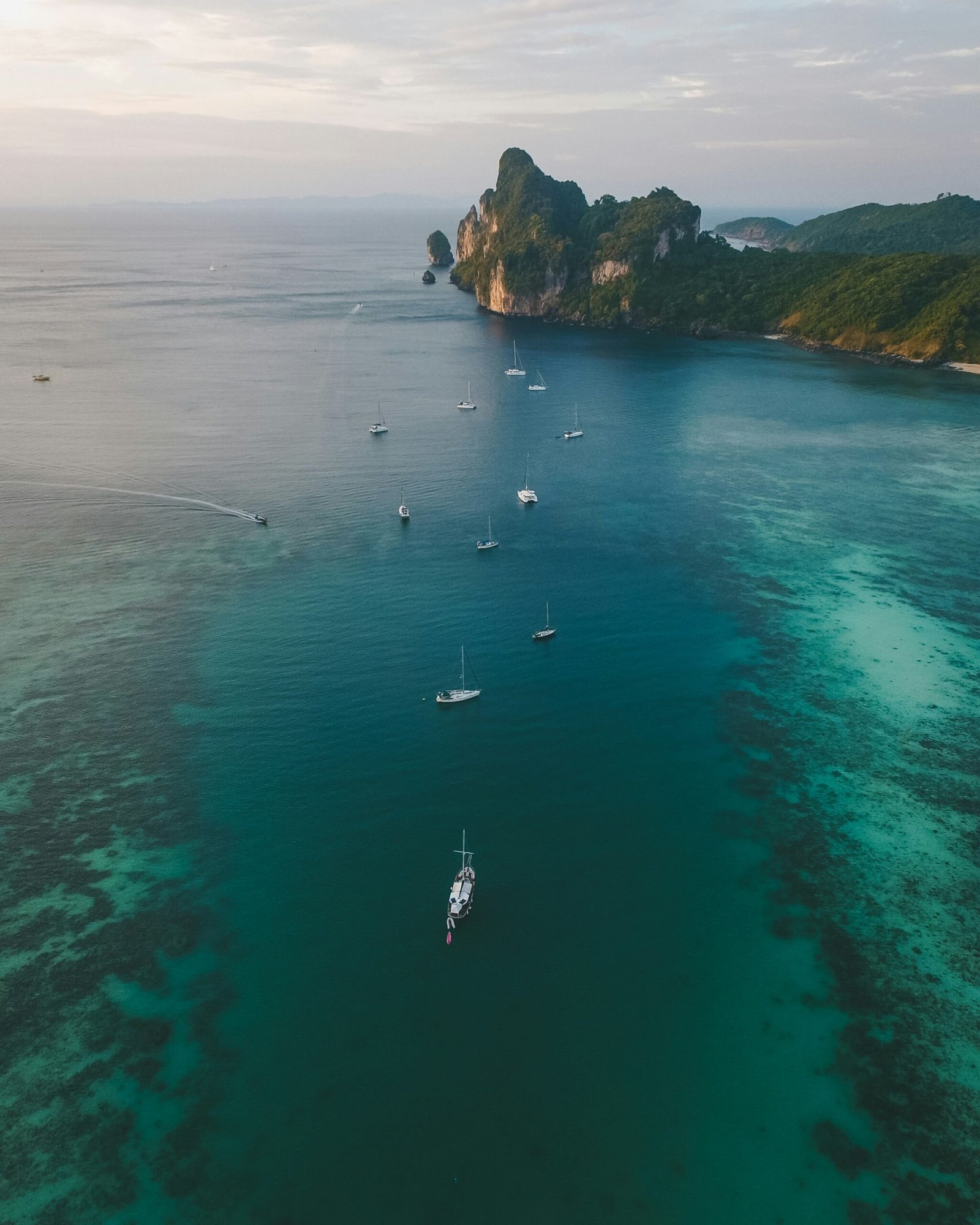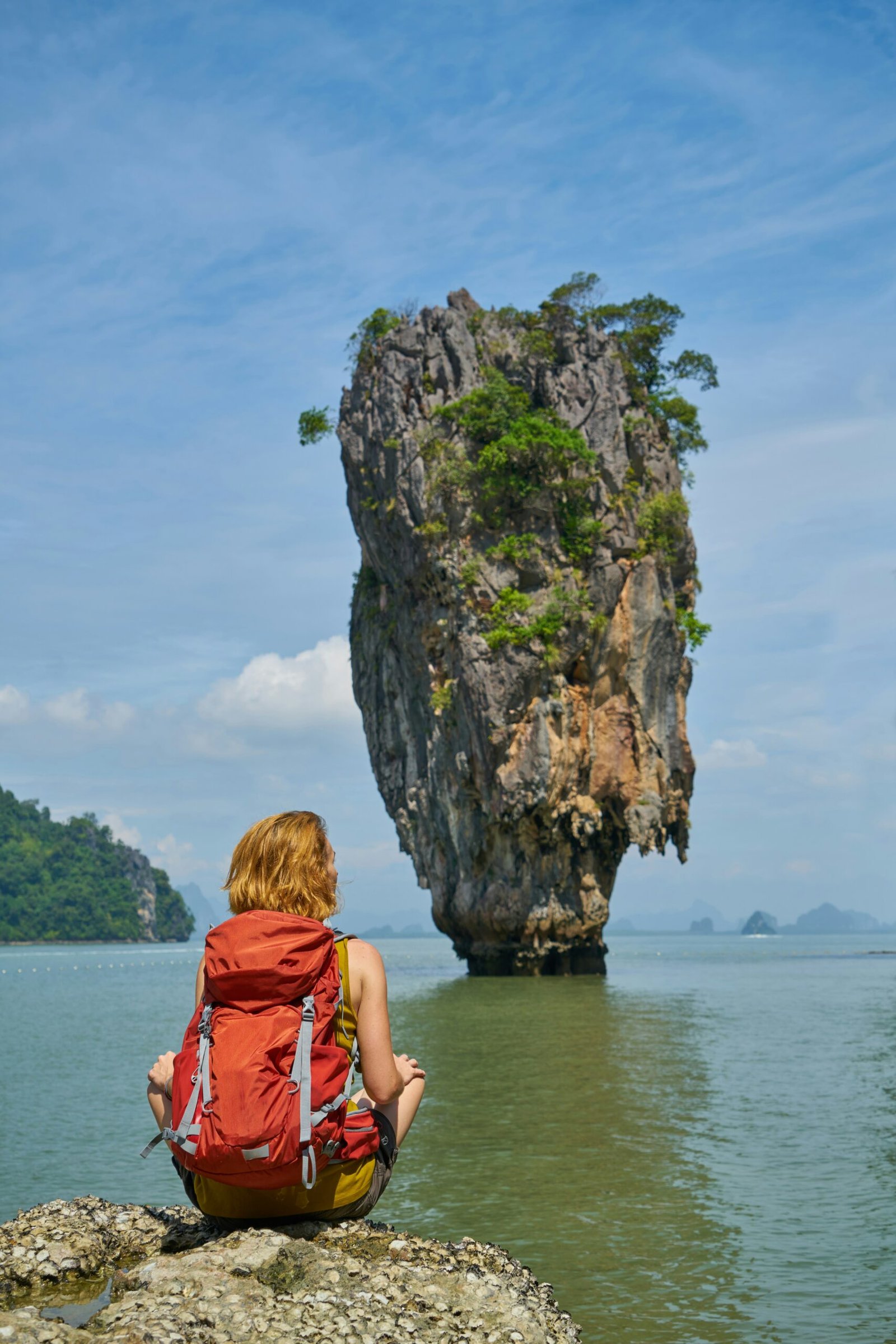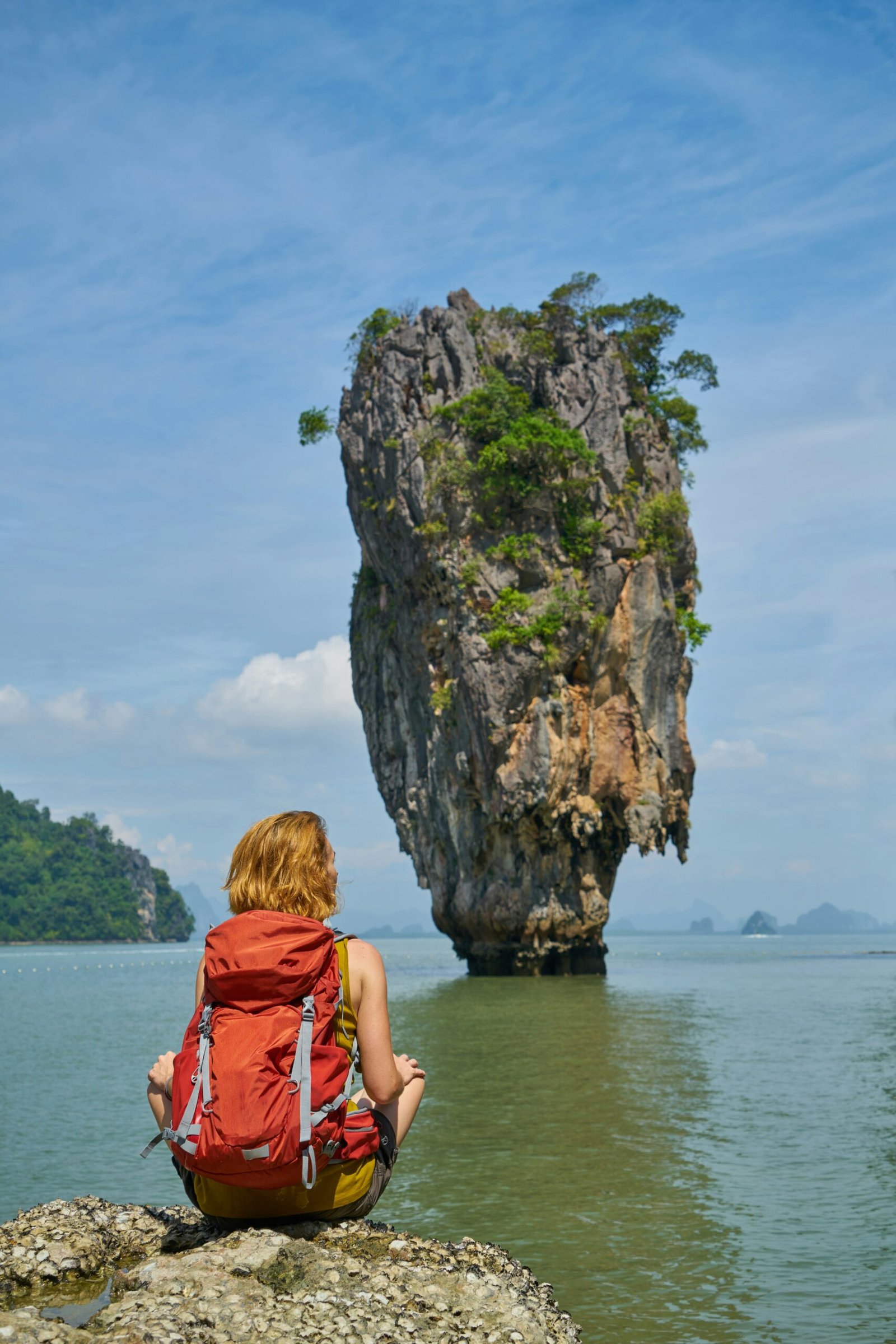What is Sports Tourism?
Sports tourism is a multifaceted concept that encompasses travel to engage in or observe various sporting events and activities. It serves as a bridge between traditional tourism and the adrenaline-driven adventure tourism sector, appealing to both the avid participant and enthusiastic spectator. At its core, sports tourism is defined as traveling to a destination specifically for the purpose of participating in, or watching, sporting activities.
This diverse form of tourism can be divided into several categories. First, there is event tourism, which involves visiting a location to attend significant sporting events such as the Olympics, World Cup, or marathons. These events often attract thousands of visitors who seek to experience the excitement and camaraderie associated with major competitions. On the other hand, adventure sports tourism is geared towards individuals who travel to engage in activities like skiing, rock climbing, surfing, or other physical challenges. This category emphasizes participation and personal achievement, often in breathtaking or remote locations.
Moreover, sports tourism extends beyond mere attendance or participation in events. It includes aspects of cultural immersion, providing travelers opportunities to engage with local communities and their sporting traditions. For instance, attending a traditional sumo wrestling match in Japan or learning about the significance of rugby in New Zealand enhances the overall travel experience, adding a layer of depth to the journey.
As the tourism landscape evolves, the appeal of sports tourism continues to grow. Factors such as a rising interest in health and fitness, along with the desire for unique travel experiences, contribute to its increasing popularity. This combination of active participation and exploration makes sports tourism a compelling option for those seeking both adventure and a connection to the sporting world.
Types of Sports Tourism
Sports tourism encompasses a broad range of activities that attract enthusiasts and adventurers alike. The appeal lies in the diverse experiences that one can enjoy while exploring different landscapes and cultures. Various categories of sports tourism cater to these interests, providing opportunities for adventure and excitement across the globe.
Adventure sports tourism is particularly popular among thrill-seekers. Activities such as white-water rafting, skiing, snowboarding, and diving attract many visitors to their respective destinations. For instance, the roaring rapids of the Colorado River in the USA draw adrenaline junkies eager to navigate through its challenging waters. Skiing and snowboarding are often sought after in locations like the Alps in Europe or the Rocky Mountains in North America, where pristine snow-capped peaks offer exceptional terrains for winter sports. On the other hand, diving, particularly in places such as the Great Barrier Reef in Australia or the Maldives, allows individuals to explore breathtaking underwater ecosystems and engage with marine life.
In addition to adventure sports, event-based sports tourism has gained immense popularity. Attending major sporting events, such as the Olympics or the FIFA World Cup, provides fans with the chance to witness unforgettable moments in person. These events draw global audiences, contributing to a vibrant atmosphere filled with camaraderie and national pride. Various cities around the world serve as vibrant host locations, showcasing their culture while promoting tourism. For example, the Summer Olympics rotates among global cities every four years, placing a spotlight on the host nation’s heritage and attractions.
Each of these categories offers unique experiences that cater to different preferences, making sports tourism a dynamic sector. From daredevils seeking adventure to fans yearning for unforgettable live moments, the range of activities available ensures that there is something for everyone in the realm of sports tourism.
Choosing Your Destination
Selecting the right travel destination is crucial for an enjoyable sports tourism experience. The first step in this process is to clearly identify your specific sports interests. Whether you are passionate about skiing, surfing, biking, or diving, your chosen location should facilitate these activities. For instance, if skiing is your primary focus, destinations like the Alps or Colorado, known for their well-maintained slopes and top-tier facilities, would be ideal. Alternatively, for water sports aficionados, coastal regions with access to diving spots, such as the Great Barrier Reef in Australia, present an excellent option.
Another vital factor to consider is the availability of facilities and amenities. High-quality sporting areas, equipment rental services, and professional guidance enhance the overall experience. Researching the quality and reputation of local sports providers can ensure you receive the best possible service. Reviews from past visitors can also contribute valuable insights when determining the suitability of a destination.
Geographical features are integral to your choice of destination. The natural landscape greatly influences the type of sports available and the overall adventure. Mountainous areas are perfect for skiing, snowboarding, and hiking, while regions with lakes and rivers offer fantastic options for canoeing, kayaking, and fishing. Urban locations with parks and green spaces can provide ample opportunities for cycling, running, or engaging in various recreational sports.
Lastly, it is essential to seek tailored experiences that cater specifically to sports enthusiasts. Many destinations now offer packages that include guided activities, workshops, and other supportive services designed to enhance your sporting adventure. Taking these factors into account will not only assist in making an informed decision, but it will also ensure that your trip fulfills your passion for sports while creating unforgettable memories.
The Role of Package Tours in Sports Tourism
Package tours play a significant role in enhancing the experience of sports tourism, offering travelers streamlined options for participating in various sports-related activities. One of the primary advantages of opting for these packages is the convenience they provide. By consolidating transportation, accommodation, and scheduled events, package tours alleviate the stress associated with planning a trip. This is particularly advantageous for sports enthusiasts wishing to visit remote locations and participate in specialized activities, as it can often be challenging to make arrangements independently.
Additionally, package tours frequently include expert guides who possess extensive knowledge of the local sporting landscapes. These guides enrich the experience by providing insider information, which can prove valuable in unfamiliar settings. For instance, in specialized sports such as skiing or diving, knowing the best trails or dive sites can enhance safety and enjoyment. Hence, the inclusion of professional guides is an attractive element of package tours.
Moreover, package tours can be cost-effective, as travel companies often have established relationships with hotels, transportation services, and local event organizers. This network allows them to negotiate better rates for customers, which can lead to overall savings on the trip. Tourists may find that a well-curated package ultimately offers more value than solo arrangements, especially when activities, meals, and experiences are bundled together.
Lastly, these tours foster a sense of community among like-minded individuals. Travelers who are passionate about sports can connect, share experiences, and build camaraderie, making the journey memorable both in terms of the activities and the relationships formed. Overall, package tours contribute significantly to the success and enjoyment of sports tourism, providing a comprehensive framework that enhances every facet of the experience.
Travel Management Companies: Simplifying Sports Team Travel
Travel management companies (TMCs), such as TravelPerk, play a crucial role in facilitating the travel needs of sports teams, whether they are local clubs or professional organizations. These specialized firms offer packages and services tailored specifically for the unique requirements of sports travel. By handling logistics, including flight bookings, hotel accommodations, and transportation arrangements, TMCs alleviate the stress involved in planning travel, allowing teams to focus on what they do best: competing.
A key benefit of utilizing a TMC is their expertise in negotiating with airlines and hotels. As sports teams often require multiple bookings for players, coaches, and support staff, TMCs can secure group rates and suitable accommodations that might not be available to individual travelers. This can lead to significant cost savings for teams, which is essential, especially for organizations with limited budgets. Furthermore, TMCs are well-versed in the special requests teams may have, such as proximity to training facilities or specific amenities, ensuring that all needs are met adequately.
The logistics of sports travel involve more than just getting to and from a destination. Travel management companies coordinate all aspects of the journey, including timely transportation to and from airports and venues. This level of organization minimizes the risk of delays, ensuring that teams arrive at their destinations promptly, which is critical when preparing for competitions. In addition, TMCs are equipped to provide real-time assistance in case of emergencies or changes in plans, giving teams peace of mind during their travels.
In conclusion, travel management companies like TravelPerk are invaluable assets for sports teams by providing comprehensive travel solutions that streamline the organization of logistics. Their expertise allows athletes and coaching staff to concentrate fully on performance without the distraction of travel planning, making them an essential partner in the realm of sports tourism.
Accommodations for Sports Tourists
When it comes to sports tourism, accommodation plays a crucial role in enhancing the overall experience of traveling sports enthusiasts. A vast array of lodging options is available, tailored to meet differing budgets, preferences, and needs. From luxurious hotels and boutique accommodations to more modest hostels and vacation rentals, sports tourists can choose the option that best fits their travel style and financial considerations.
Proximity to sporting venues often influences the choice of accommodation. Staying close to the location of events not only saves time but also adds convenience, allowing fans and athletes to easily participate in activities without the stress of lengthy commutes. Hotels situated near stadiums or arenas typically offer special packages, including shuttle services or exclusive deals for sports events. Such amenities significantly enhance the experience for sports tourists, ensuring they remain focused on the thrill of the competition.
Furthermore, accommodations that cater specifically to athletes provide additional amenities such as fitness centers, healthy dining options, and recovery areas. These features can be crucial for competitors looking to maintain peak performance levels during their stay. Some establishments even offer tailored services such as injury management workshops or personal training sessions, making them particularly appealing to sports tourists pursuing not just spectating but also active participation in physical pursuits.
To secure the best accommodations, sports tourists can benefit from utilizing travel management services. These services can assist in finding discounts, ensuring availability during peak event times, and navigating the myriad of options to locate suitable lodging tailored to individual needs. Engaging with professionals in the travel sector who specialize in sports tourism can significantly enhance the quality of the overall experience, making it not just memorable but also more enjoyable and stress-free.
Safety and Preparation for Adventure Sports
Engaging in adventure sports is an exhilarating experience; however, it also involves certain risks that need to be managed effectively. The first step in ensuring a safe adventure is to assess the risks associated with the specific activity you plan to undertake. This involves understanding the nature of the adventure sport, environmental conditions, and potential hazards unique to each activity. Knowing these details will enable you to make informed decisions about safety measures and necessary precautions.
Preparation plays a crucial role in minimizing risks. Proper equipment is paramount for a safe adventure. Each sport requires specific gear, such as helmets, harnesses, or specialized footwear, designed to protect participants from injuries. Before setting off, verify that all equipment is of good quality, appropriately sized, and well-maintained. Many adventure tourism companies provide rental equipment, which can be a practical solution; however, ensure that this gear meets safety standards and is regularly inspected by the provider.
Another important aspect of preparation is gaining adequate training or guidance specific to the adventure sport. Whether you’re planning to go rock climbing, skydiving, or white-water rafting, undertaking a course or hiring a qualified instructor will provide you with essential skills and knowledge. These experts can help you understand the techniques required and how to react in case of emergencies. Participating in a training session also increases your confidence, allowing for a more enjoyable experience.
Finally, do not underestimate the importance of physical fitness and mental readiness. Engaging in regular exercise to build endurance and strength will enhance performance while minimizing the risk of injury. Additionally, cultivating a positive mindset and the ability to remain calm under pressure are vital attributes for anyone wishing to pursue adventure sports safely.
Experiencing Major Sporting Events
Attending major sporting events is an exhilarating aspect of sports tourism that captivates numerous enthusiasts around the globe. These events, which include the FIFA World Cup, the Olympic Games, and the Super Bowl, create unique atmospheres filled with excitement, camaraderie, and cultural exchange. The thrill of being part of a live audience as your favorite teams or athletes compete at the highest level is an experience unlike any other. The electric energy of crowds, the passionate chants, and the unforgettable moments contribute to a dynamic environment that cannot be replicated through television.
To immerse oneself fully in the experience, securing tickets to these events is paramount. It is advisable to plan well in advance, as tickets to major competitions often sell out quickly. Registration on official event websites and platforms that specialize in sports ticketing can increase the chances of obtaining desired seats. Additionally, becoming a member of fan clubs or associating with local sports organizations can grant early access to tickets. Exploring secondary markets, while being cautious of their legitimacy, is another option for those who might have missed the initial sale phase.
Enhancing the sports tourism experience goes beyond merely attending the event. Engaging in pre-event festivities, such as fan zones and public viewing areas, can significantly enrich one’s experience. These settings often feature interactive activities, live entertainment, and the opportunity to acquire merchandise. Moreover, exploring the host city through guided tours or local experiences can provide a deeper connection to the culture surrounding the event. By incorporating local cuisine, customs, and attractions into one’s itinerary, sports tourists can create lasting memories that extend beyond the event itself.
Conclusion: The Joy of Sports Tourism
Engaging in sports tourism presents a unique opportunity to experience the thrill of adventure while simultaneously reveling in the sense of community that comes with it. As travelers venture to various destinations for athletic events, they not only partake in the excitement generated by competitive sports but also create lasting memories that define their travel experiences. Whether it is attending a renowned sporting event or actively participating in local sporting activities, the joys of sports tourism are manifold.
One of the most compelling aspects of sports tourism is the way it congregates people from diverse backgrounds, united by their shared passion for sports. This sense of community fosters connections and camaraderie among participants and spectators alike, transforming solitary experiences into collective celebrations of athleticism. Engaging with fellow sports enthusiasts allows travelers to forge friendships and broaden their cultural understanding, enriching their overall travel experience.
The memories formed through sports tourism are truly irreplaceable. From heart-pounding moments during live events to serene days spent enjoying local outdoor activities, the excitement of such experiences can leave an indelible mark on one’s life. Participants often return home with stories of unique adventures, new skills acquired, and a deeper appreciation for the sporting culture of the places visited. This aspect of traveling not only enhances personal growth but also contributes to a broader understanding of global sports traditions.
In conclusion, sports tourism encompasses a broad spectrum of activities that appeal to adventurers and fans alike. The allure of adventure, the joy of community interaction, and the creation of unforgettable memories position sports tourism as an enriching facet of travel. It beckons adventurers to explore new destinations and immerse themselves in the vibrant tapestry of global sports culture, providing an experience that is both exhilarating and fulfilling.











